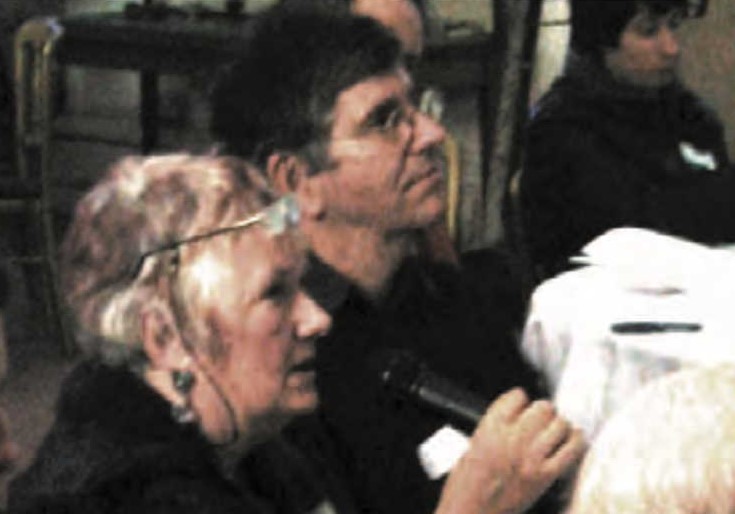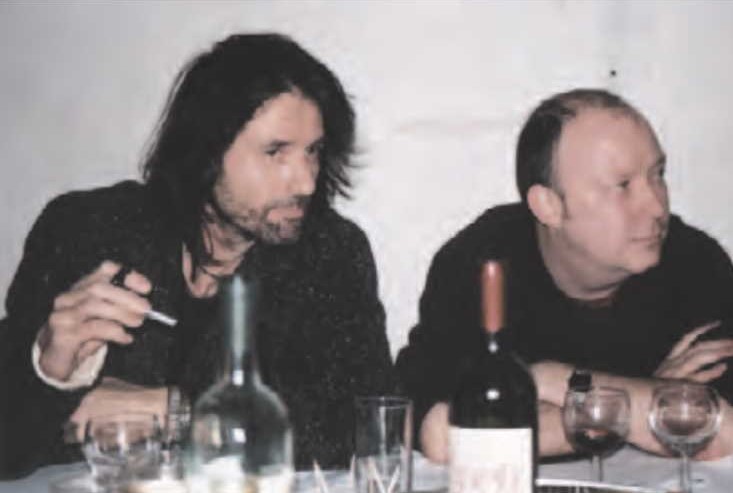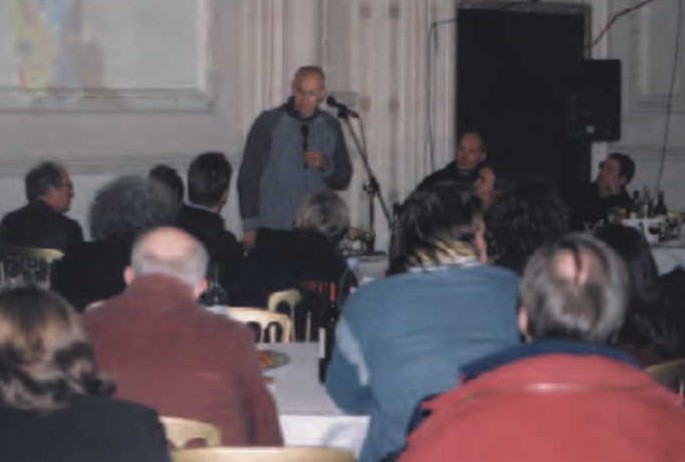WHO
Argent and Fluid engaged a wide range of local stakeholders to ensure that a broad spectrum of people and groups affected by the redevelopment participated. Efforts were made to ensure representation of different age groups, ethnic groups, community organisations, local businesses, healthcare organisations, local authorities and councillors.
WHAT
Vox Pop events were developed and implemented by developers, Argent, and participation consultants, Fluid, as a way to:
Allow respondents to set the agenda for discussion regarding the priorities for regeneration
Provide a forum for public debate around the key issues
capture a wide range of opinion at one time
Fluid decided to stage a series of consultation events to provide a forum in which to discuss the Regeneration Framework ideas with representatives of many organisations as well as residents and resident organisations from the surrounding neighbourhoods.
This was a two-stage process: firstly, holding Vox Pop filming events to capture a diversity of opinions and priorities, and then organising screenings, talks and discussion workshops centred around the issues identified in the vox pop films.
HOW
Stage 1 – Vox Pop Events
Soon after the distribution of the Regeneration Framework document, recipients received invitations to a series of events at St Pancras Chambers. The intention was to gather around 100 initial reactions to the Framework, as Vox Pops, using open-ended questions to solicit responses. Contributions were used to set the agenda for the later discussion workshops.
The questions were:
What do you like most about our Framework ideas (and why)?
What’s your biggest concern about our Framework ideas (and why)?
Is there a question you would like to ask about the Framework ideas?
The events took place within a few weeks of the publication of the Framework, so it was important to ensure that all who were invited to participate had a good understanding of the Framework ideas.
Framework summaries and invitations were sent out to hundreds of individuals and organisations, after which Fluid followed up invitations via phone, fax and email in order to ensure a good attendance. This sometimes involved explaining the document and the purpose of the Vox Pop events and visiting people at home or work.
In order to attract, engage and inspire as wide a spectrum of local people as possible, the events included an exhibition of the Framework summary to refresh people’s memory about the plans, with members of Fluid and Argent on hand to answer any queries that people had.
The film Fluid made with local young people,’ KXC21: Kids make the connection’ was also shown as a context for the evening’s activities and a means of motivating young people to participate.
As well as asking the three Vox Pop questions, attendees were also asked to fill in a ‘feedback form’ to enable the team to monitor the quality of the consultation process, and add more people to the team’s contacts database. Most people were filmed but for those who did not wish to be filmed, written questionnaires were provided to allow them to share their opinions anonymously.
A total of 114 respondents contributed to the Vox Pop activity, of which 11 completed canvas cards rather than chose to be filmed. Some of those who spoke on camera also completed questionnaires so the number of Vox pop comments lodged was a little higher than the number of respondents for each question.
Venue
The issues and concerns for one area will not be the same for others. Rather than stage a series of events in different neighbourhoods, with the risk that some parties might feel left out, it was decided to hold the Vox Pop events on neutral territory at a venue that would be easily accessible. St Pancras Chambers met these criteria with the added benefit of being an impressive Grade 1 listed building that would act as an attractor in itself. The venue had also been used by the King’s Cross (SRB) Partnership for public events in previous years, so it was recognised as a site for such engagement.
Stage 2 – Discussion Workshops
Fluid took the data from the responses to the Vox Pop and used it to define the main themes and discussion topics for the workshops. This was done by going through every Vox Pop response, and classifying its contents by subject (e.g. culture, families and children, safety, etc.).
These subjects were then grouped into nine wider topics (e.g. Public Realm, Heritage, Sports, Art and Leisure). These topics formed the basis for discussions during three subsequent evening workshops. The nine wider topics were grouped into three overarching themes (Living, Working and Playing) with each discussion workshop tackling one of these three themes. Thus, the first workshop discussed ‘Living’, the second ‘Working’ and the third ‘Playing’. Although this technique inevitably involves some degree of interpretation, Fluid felt that this was the best way to let the respondents define the agendas for discussion.
The footage from the interviews was edited to make nine short films that related to the nine topics for the discussion workshops. They also formed part of a ‘Vox Pop interactive’ piece that was used during an exhibition held at the same time.
The workshop activities included:
Cut and Paste collage workshops;
An interactive exhibition;
Independent chair persons to conduct proceedings for the evening workshop discussions;
Keynote speakers to inform and provoke broader debate within the evening workshop discussions;
Round table, focussed discussions, with an agenda derived from the ‘Vox Pop’ exercise;
The workshops took place over five days in December 2002 at St Pancras Chambers. The evening discussions were structured to promote open debate about Kings Cross Central, and proved to be a series of lively, well informed and good humoured events. Each evening, two speakers were asked to talk in broad terms about the independent overall theme: living, working, or playing. These presentations set the tone for round table discussions; these took the form of three ‘break-out’ sessions that took place following the showing of short Vox Pop films about that evening’s topics. These offered participants a chance to see what other people had said already about the subjects for discussion. Finally, vivacious, skilful and independently chaired plenary sessions drew out some of the key questions for representatives from Argent to address.
More than 190 people attended at least one of the workshop events or exhibitions.


